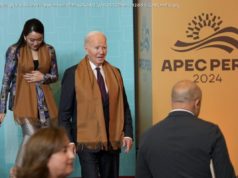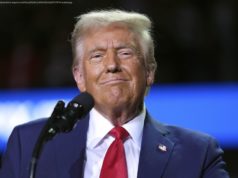While there was never an intention to replace Hong Kong, Beijing seemed to be considering transforming Macau into a secondary offshore financial center for China.
In late 2019 as the 20-year anniversary of Macau’s return to China was celebrated, there was speculation that Beijing sought to elevate the status of the former Portuguese crown colony from a mere gambling hub to an offshore financial center. While there was never an intention to replace Hong Kong, Beijing seemed to be considering transforming Macau into a secondary offshore financial center for China.
A key part of that logic was that Macau benefits from the same one country, two systems model that governs Hong Kong, although the former’s legal system is Portuguese rather than British. Following a visit by Chinese President Xi Jinping to Macau in December 2019, China’s banking and insurance regulator announced a series of policies to deepen financial ties between Macau and the mainland. In a statement, the regulator said that Macau banks are encouraged to expand to the mainland, mainland financial firms would be supported in their expansion to Macau and that mainland insurance capital will be allowed to invest in Macau.
More than four years after Xi’s visit and those policies were announced, progress has been modest at best. Yet with the 2023 launch of a new asset trading exchange in Macau, it is clear that the initiative has not been abandoned, and given Beijing’s focus on developing the Greater Bay Area, the territory is likely to carve out a niche within that broader financial hub.Macau Micro Connect Financial Exchange
In March 2023, Macau launched a new asset class called Daily Revenue Obligations (DROs) on the Micro Connect Macau Financial Assets Exchange (MCEX), which is backed by Charles Li Xiaojia, the former CEO of Hong Kong Exchanges and Clearing (HKEX). DRO units are focused on providing funding to China’s SMEs in exchange for part of their daily revenue.






